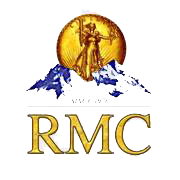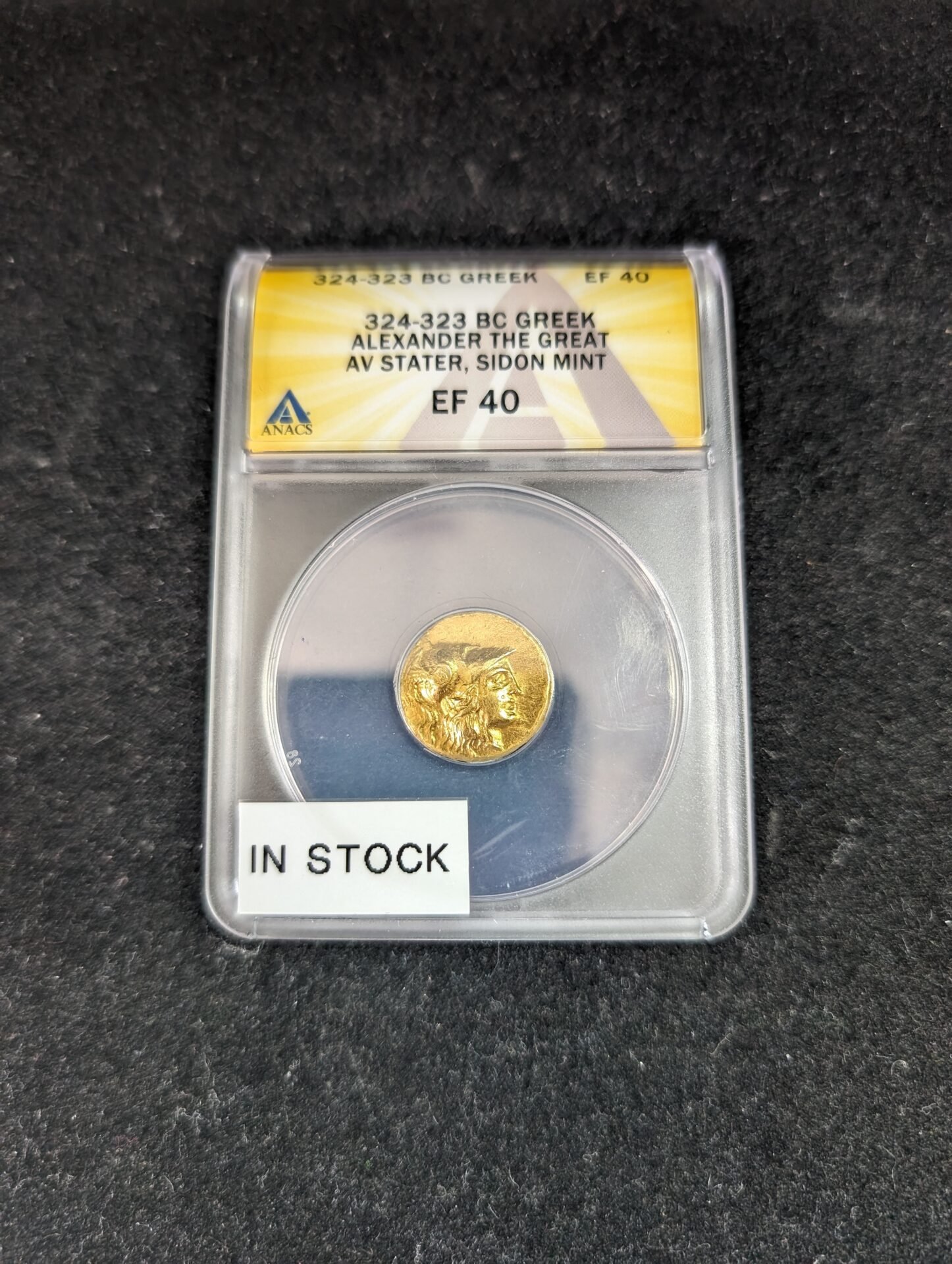4 Things to Protect Your Coin Collection From
If you have decided to begin to collect rare coins, one of the most important things to learn is how to protect your new collection. If you do not learn to protect them the correct way, you can damage them, which in turn will lessen their value. Here are a few contaminants you may not have thought of and ways to avoid them.
- Fingerprints
Do you realize that by simply handling your coins the wrong way, you can leave fingerprints on your coins that can cause permanent damage? Body oil found within the ridges of your fingerprints can actually etch your print into the coin’s metal if they remain on your coins for long periods of time. Once the prints become set, they can distract from the coin’s appeal, which will affect the coin’s grade.
The longer these oils sit on the coin’s surface, the more difficult they can become to remove. The best way to remove your fingerprints is to gently clean your coins with soap and water while the prints are fresh. Avoid getting fingerprints on your coins by handling your coins by their edges.
Using any type of acidic coin dip or cleaning solution can cause irreparable damage if you do not know how to use it. This type of cleaning needs to be left to the professionals. Dipping can change the surface color of the coin which will result in it being rejected by major grading companies and affect its overall value.
- Acids
If you are like most people, when you think of acids, you think of corrosive chemical compounds or bitter-tasting liquids. But acids can be found in many everyday things that may come in contact with your coins.
Some of these products are various types of paper, cardboard, and household cleaning supplies. Some inexpensive coin holders or storage supplies on the market contain acids. When used to store your coins, they can cause toning or tarnishing on the surface of your coins.
Make sure you look for holders and storage materials that signify they are acid-free. These are made specifically to avoid damaging your coins. Make sure you do not clean or wipe your coins off with any type of acid-based cleaner.
- Chlorine
You may think of pool water when you first think of chlorine, but this is not the only place chlorine is found. Chlorine can be found in many different compositions. One of these is polyvinyl chloride (PVC) which is one of the world’s most manufactured synthetic plastic polymers.
PVC can be found in some of the plastic coin storage containers available on the market. When shopping for containers, ensure they are PVC-free.
- Humidity
One of the most important things you need to do with your new collection is to keep it dry. The water vapor in humid air causes higher levels of toning to your silver and copper coins.
Toning changes the colors of the coin. It can produce various patinas that can produce brilliant blues, deep magenta, vivid reds, and deep oranges. You may also see various shades of olive and gold. Some very old coins toned by the conditions that have been kept under can have beautiful rainbows on their surfaces.
All toning is not always attractive. Toning can also produce dark brown and black shading that can turn a previously attractive coin ugly. Unfortunately, toning caused by humidity can also cause corrosion, which can lead to permanent damage to your coins.
Here at Rocky Mountain Coin, we can help you get your coin collection off to the right start. We can help you choose the right supplies and provide you with the knowledge to protect your new endeavor. Contact us today to get started.




